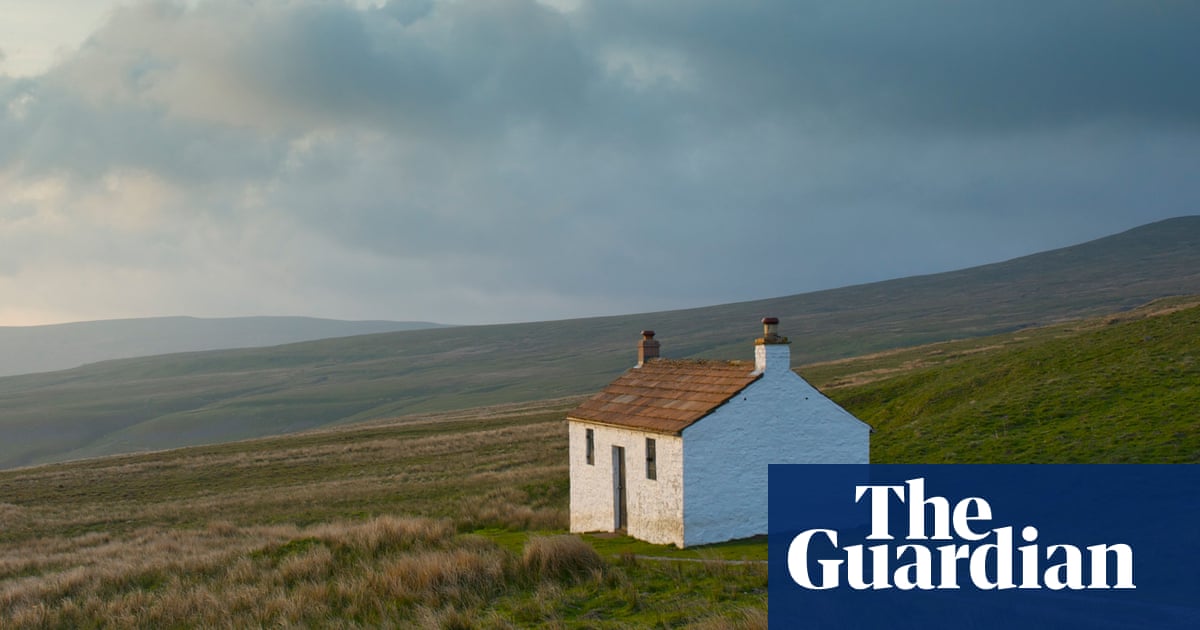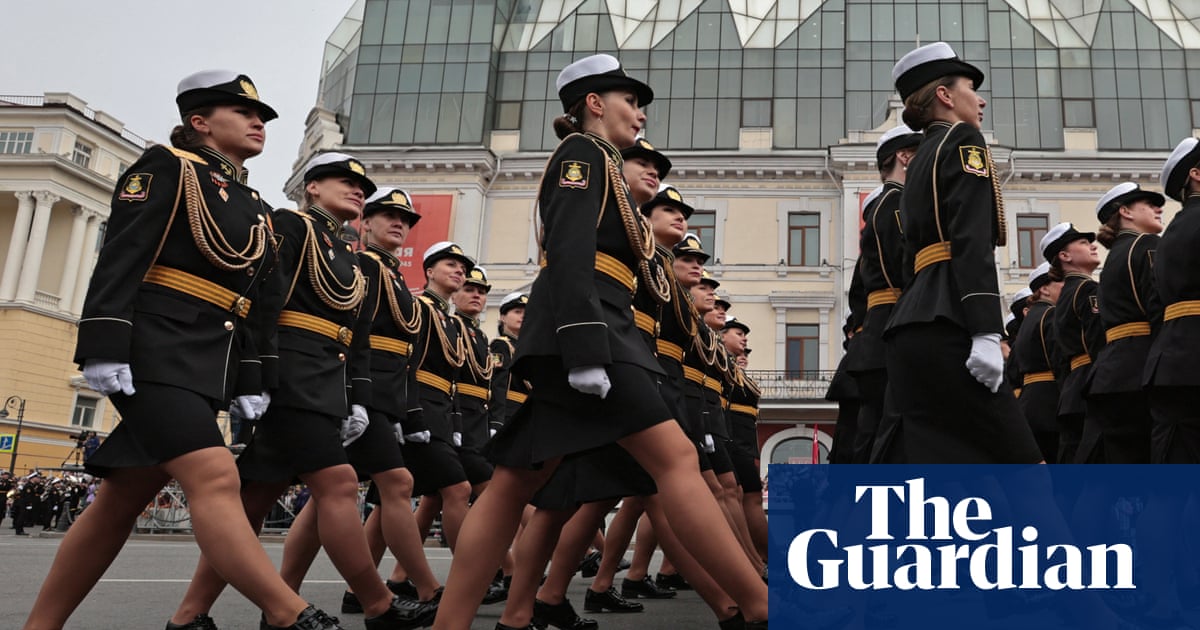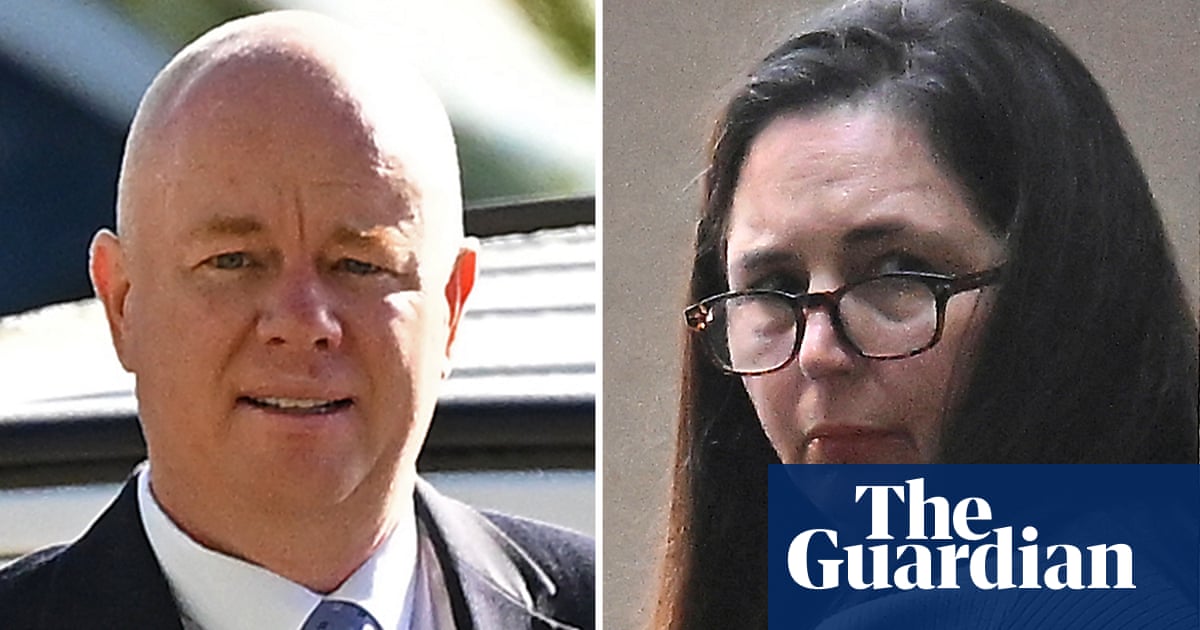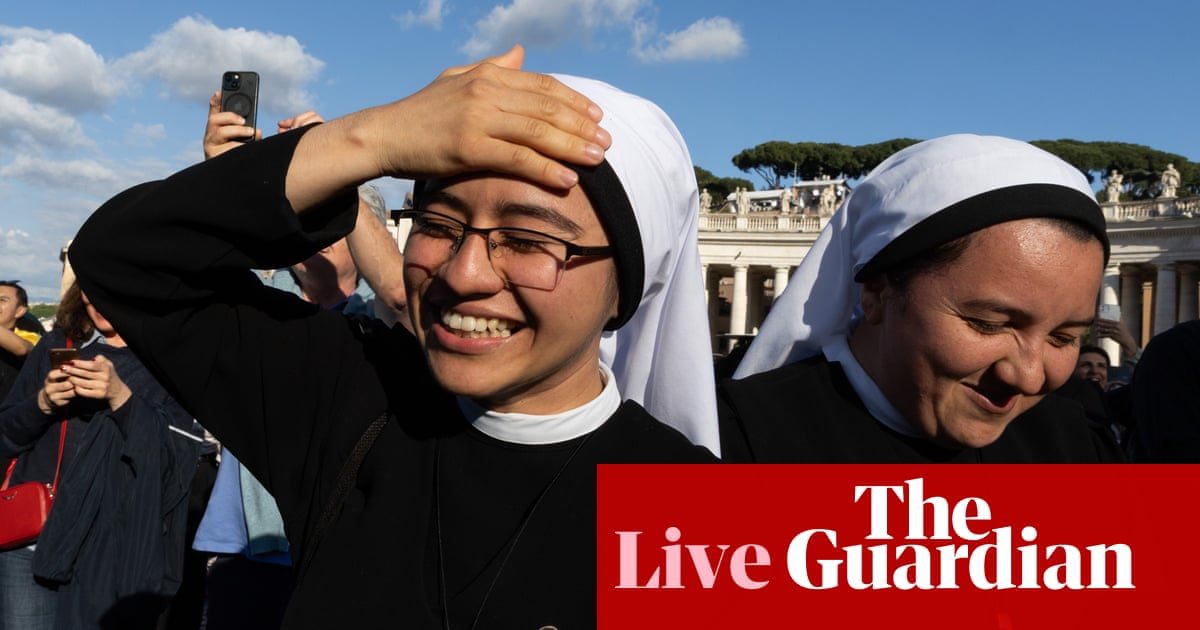US federal judges have criticized Donald Trump’s decision to pardon more than 1,500 people involved in the January 6 insurrection, arguing that the clemency “cannot whitewash the blood, feces, and terror that the mob left in its wake” and that the president’s reasoning for the pardons was based on a “revisionist myth”.
The fierce condemnation came as the GOP scrambled to deal with Trump’s move, which was broader in scope than some Republicans had expected and included pardons for people convicted of assaulting police officers.
Trump, who described the attacks on law enforcement as “very minor incidents” in an interview with Sean Hannity on Wednesday, issued the pardons in one of his first acts in office. The president said the clemency would begin a process of “reconciliation” and correct a “grave national injustice”, but in a scathing order on Wednesday the US district judge Beryl Howell disagreed.
“No ‘national injustice’ occurred here, just as no outcome-determinative election fraud occurred in the 2020 presidential election,” Howell wrote, in an eight-page order issued in the case of two January 6 defendants.
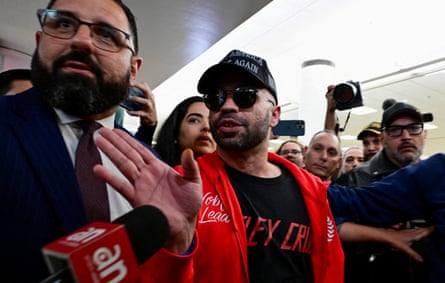
“No ‘process of national reconciliation’ can begin when poor losers, whose preferred candidate loses an election, are glorified for disrupting a constitutionally mandated proceeding in Congress and doing so with impunity.”
Howell added: “This court cannot let stand the revisionist myth relayed in this presidential pronouncement.”
Republicans have been attempting to deal with the fallout from Trump’s pardons this week. Vice-President JD Vance and the speaker of the House, Mike Johnson, had both said those guilty of violence would not be pardoned, but Trump’s clemency was broader in scope than they had expected, including pardons for several men found guilty of attacking police with pepper or wasp-killer spray and reinforced brass knuckles.
Also among those pardoned was Enrique Tarrio, the leader of the far-right Proud Boys group, who had been serving a 22-year sentence for his role in organizing the insurrection.
It meant Johnson, who on the eve of the inauguration said “peaceful protesters should be pardoned, but violent criminals should not”, was forced to backtrack on Wednesday, telling reporters “we believe in second chances”, but several Republican senators were vocally critical of Trump’s move.
“No one should excuse violence. And particularly violence against police officers,” Mitch McConnell, the former Republican Senate leader, told Semafor.
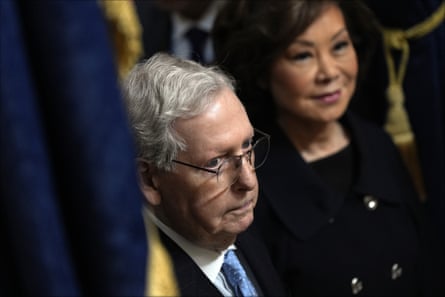
The differing statements are representative of a divide within the Republican party, as Trump seeks retribution against those who investigated and prosecuted him for his role on January 6.
Many Republicans representing swing districts are keen to not relitigate the insurrection, CNN reported, fearful that it could cost them their seats in the 2026 midterm elections.
“It’s a lot of going backwards,” Don Bacon, a Republican who won his Nebraska district by fewer than 8,000 votes, told CNN.
But others, including the Trump ally Jim Jordan, who chairs the House judiciary committee, want to reinvestigate the attack, which happened four years ago. Jordan told CNN he wanted to look at “unanswered questions” around the attack, and appeared to suggest he wanted to focus on false accusations that the FBI was involved in the insurrection.
Speaking with Hannity about the January 6 clemency orders on Wednesday, Trump insisted that “most of the people were absolutely innocent”.
He claimed: “Some of those people with the police – true – but they were very minor incidents, OK, you know, they get built up by that couple of fake guys that are on CNN all the time. They were very minor incidents.”
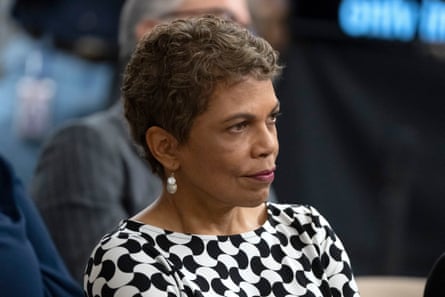
Also on Wednesday, two of the police officers who defended the Capitol during the insurrection criticized the pardons, with Harry Dunn, who retired after the attack, suggesting that Trump had made it clear that he “was proud of the people who stormed the Capitol on Jan 6”.
In an order issued the same day, Tanya Chutkan, the US district judge who presided over Trump’s election subversion case, was similarly blunt, writing that the pardons “cannot whitewash the blood, feces, and terror that the mob left in its wake”.
“It cannot repair the jagged breach in America’s sacred tradition of peacefully transitioning power,” Chutkan wrote, in an order to dismiss the case of John Banuelo, who was accused of rioting on January 6 but was among the 1,500 people pardoned by Trump.
“In hundreds of cases like this one over the past four years, judges in this district have administered justice without fear or favor. The historical record established by those proceedings must stand, unmoved by political winds, as a testament and as a warning.”

 3 months ago
53
3 months ago
53

